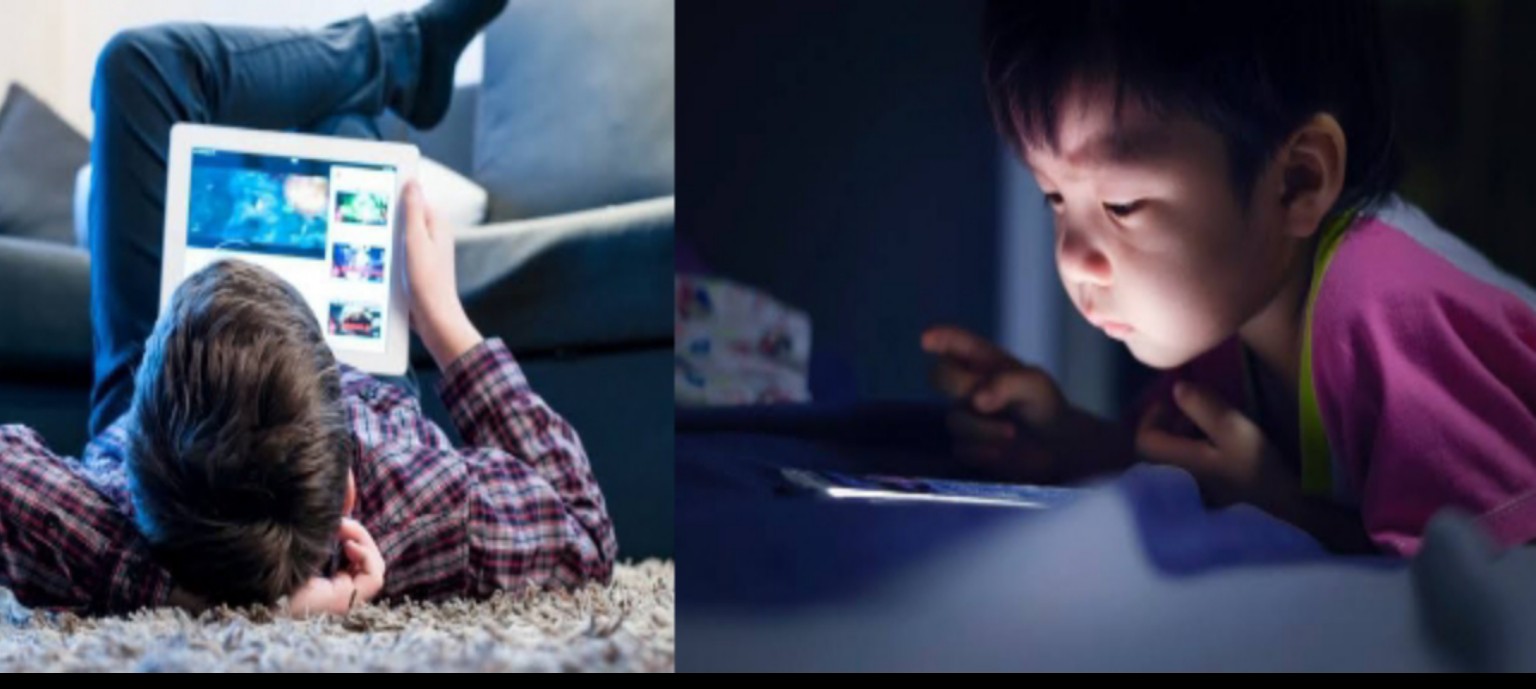The Internet, having undergone numerous evolutions in the past four decades, has evolved from a mere platform for simple click-and-drag games to a vast, interconnected network of individuals, communities and information. It has become a primary means of self-expression, brand promotion and sharing one’s passions with the world, encompassing a wide range of sections including entertainment, education, trends and lifestyles, among others.
While this ease of access has enabled parents to use the Internet to keep their children engaged and teach them vital skills, it has also presented a host of challenges, particularly in relation to the impact of social media on the mental health and well-being of children.
Join our WhatsApp ChannelOne of the major concerns is the influence of influencers, who, while mostly well-intentioned, can inadvertently promote unrealistic and unhealthy body images through the use of editing software and photoshopped features. This can lead to self-image problems and body dysmorphia in children, as they strive to achieve an unattainable standard of beauty.
READ ALSO: Nigeria’s Top 10 Internet Service Providers By Customer Base
The highly esteemed medical and research institution, Mayo Clinic, conducted a comprehensive study on the potential detrimental effects of social media on mental health. The study, which was conducted in 2019, surveyed a sample of over 6,500 adolescents between the ages of 12 and 15 in the United States and found that individuals who spent more than three hours per day on social media were at a heightened risk of having mental health issues. Additionally, another study conducted in 2019, which surveyed more than 12,000 adolescents between the ages of 13 and 16 in England, revealed that using social media more than three times per day predicted poor mental health and overall well-being in teenagers.
Other studies have also indicated a correlation between high levels of social media use and symptoms associated with depression and anxiety. A 2016 study of over 450 adolescents found that greater social media usage, nighttime social media use, and emotional investment in social media, such as feeling distress when prevented from accessing social media, were each linked with worse sleep quality and higher levels of anxiety and depression.
Also, a survey conducted by the Royal Society for Public Health, which surveyed individuals between the ages of 14 and 24 in the United Kingdom, found that utilising social media platforms such as Snapchat, Facebook, Twitter, and Instagram led to increased feelings of depression, anxiety, poor body image, and loneliness.
Furthermore, the proliferation of apps such as Snapchat and TikTok, which feature thousands of filters that alter facial features, can also contribute to self-image problems as children may begin to view themselves through the distorted lens of these filters. Additionally, these apps often promote fast fashion and trends, leading to increased pressure on children to conform to societal expectations of appearance and camera-readiness, at the expense of other important aspects of life.
In light of these challenges, it is crucial to regulate social media usage for children under the age of 12, and to educate them on the differences between toxic and nurturing media, so that they can develop the skills to make informed choices about what they consume online. The Internet is a valuable tool for children, but it is essential to ensure that they are not exposed to harmful and damaging content, and that their self-image and worth is not negatively impacted by the constant barrage of flashy trends and changes on the online world.

















Follow Us